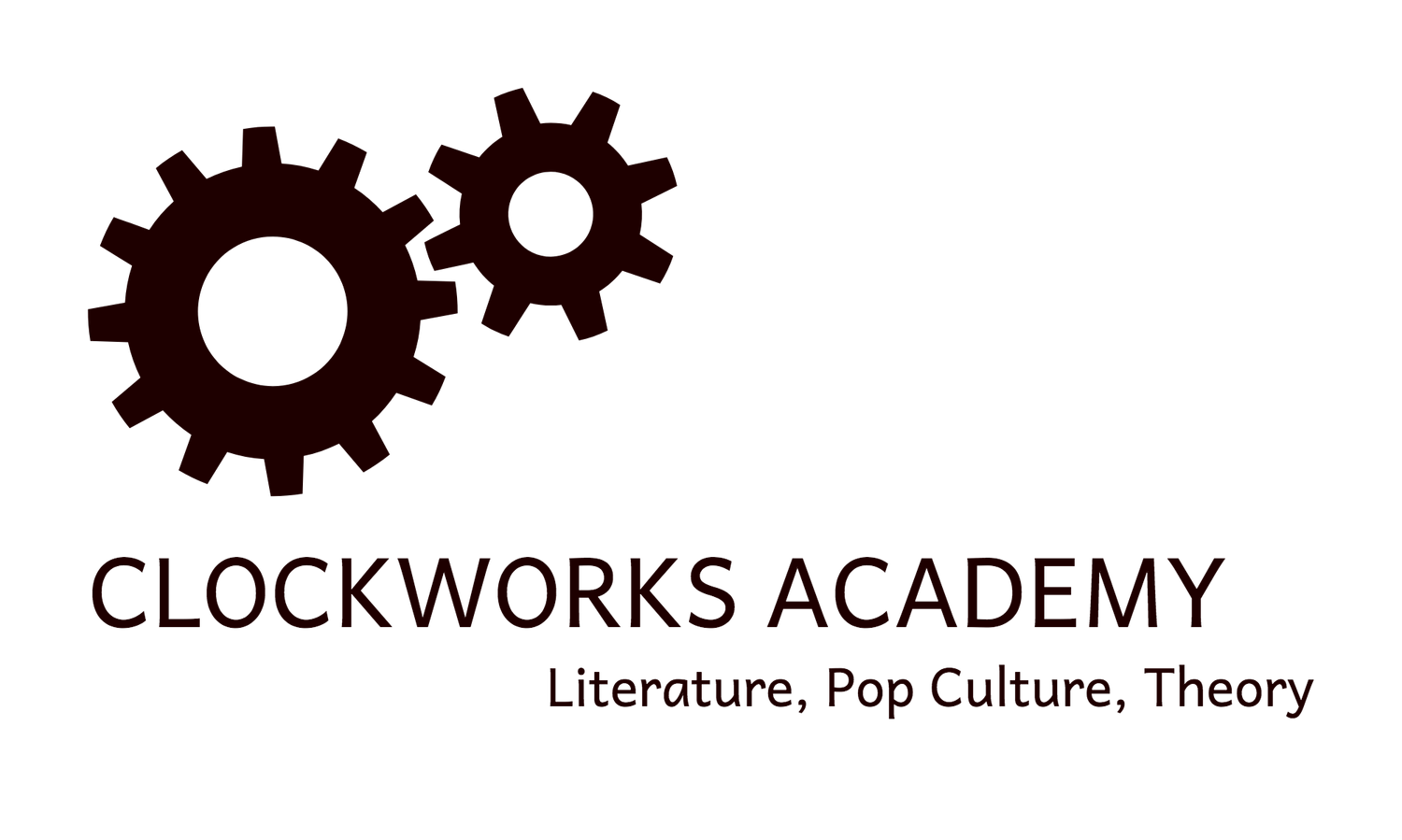About Online Courses
What is the advantage of online courses over physical courses? I don’t want to advertise my courses here, I want to think for a second about what online courses do and what they’re for. A part of that, of course, is who they’re for. Who takes online courses? And who should? They are not all created equal. Some are just the online version of on-campus courses. I’ve taught that kind of course at Memorial University. The advantage of these is that they allow students who can’t physically be in the classroom to still take the course, experience the material, and even somewhat experience the community of a campus. You take an online course through a university, and you get credit towards your degree even if you can’t bring your body to the physical space of the classroom. The downside of that is that typically the instructors try to recreate the community of a physical classroom and fail. Students are required to take part in online discussions, and the required nature of the discussions makes them stilted and stiff.
The second major category of is free online courses. These are great for what they are, but it’s a cliche that you get what you pay for, and in the case of free courses it’s mostly true. An in-depth course requires time. No matter how insightful or knowledgable an instructor is, an in-depth course takes time to make, and it’s a rare person who is able to donate that time. Mostly instructors need to be paid by someone for their time in order to spend it.
Online courses that really cost money allow you to get the depth that can’t be generated for free. You don’t get anything from the course except the experience of taking it. That might seem like a downside, but I really believe that it is an advantage. Education can be an end in itself, not just a means towards an end. Paradoxically, education, like community, achieves more when it’s not trying to achieve anything.
Click here to sign up for my courses on Frankenstein, Dracula, Werewolves, Beowulf, Zombies, and more.
Online Courses

